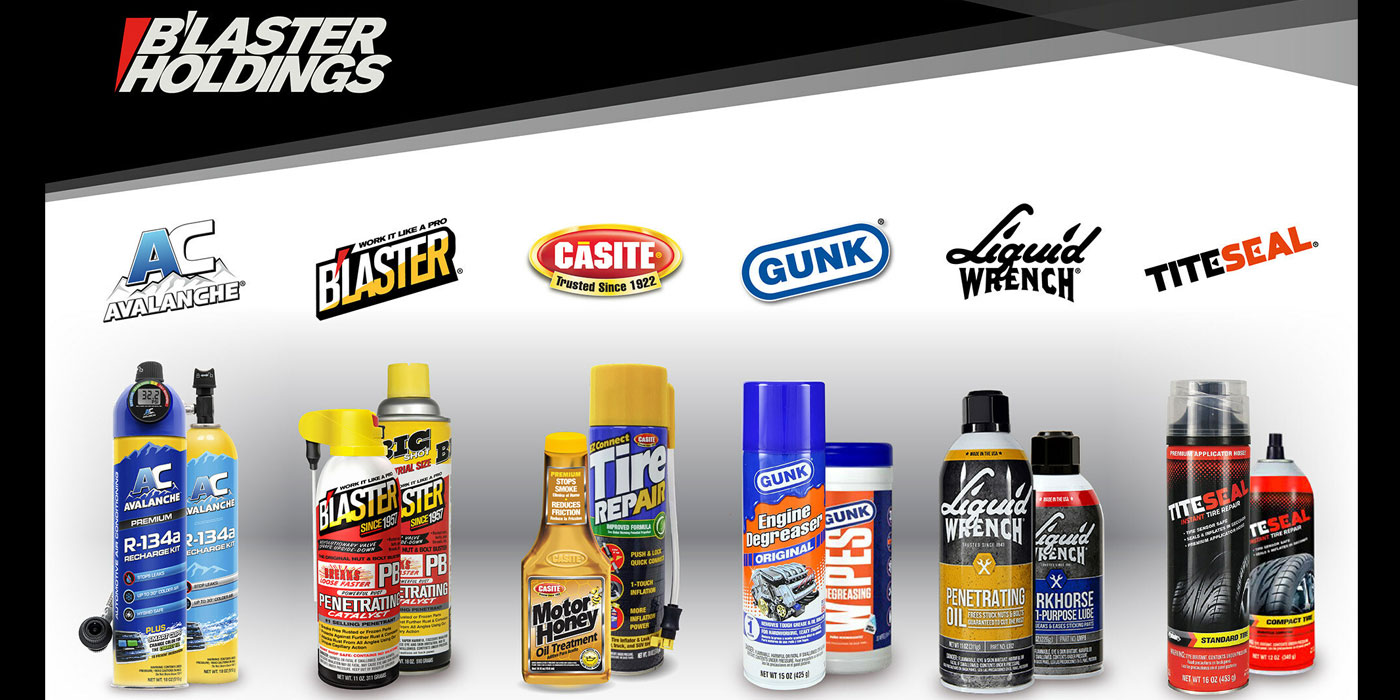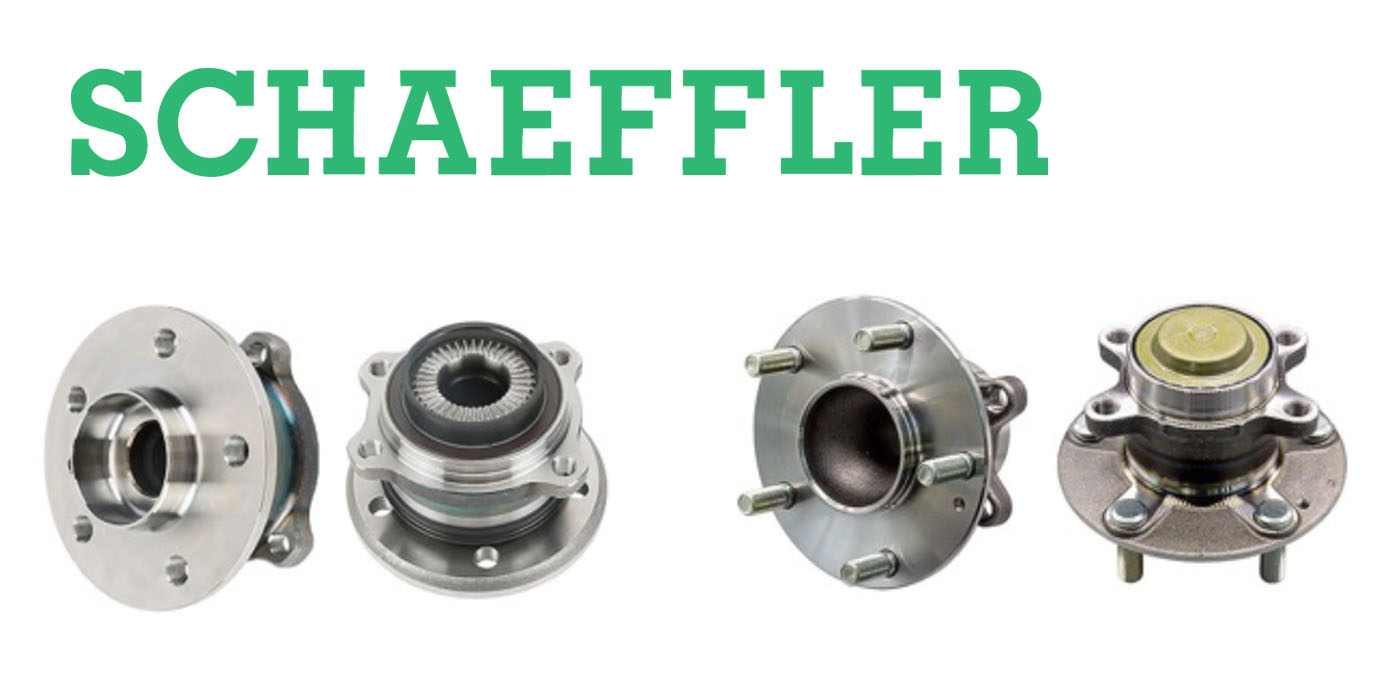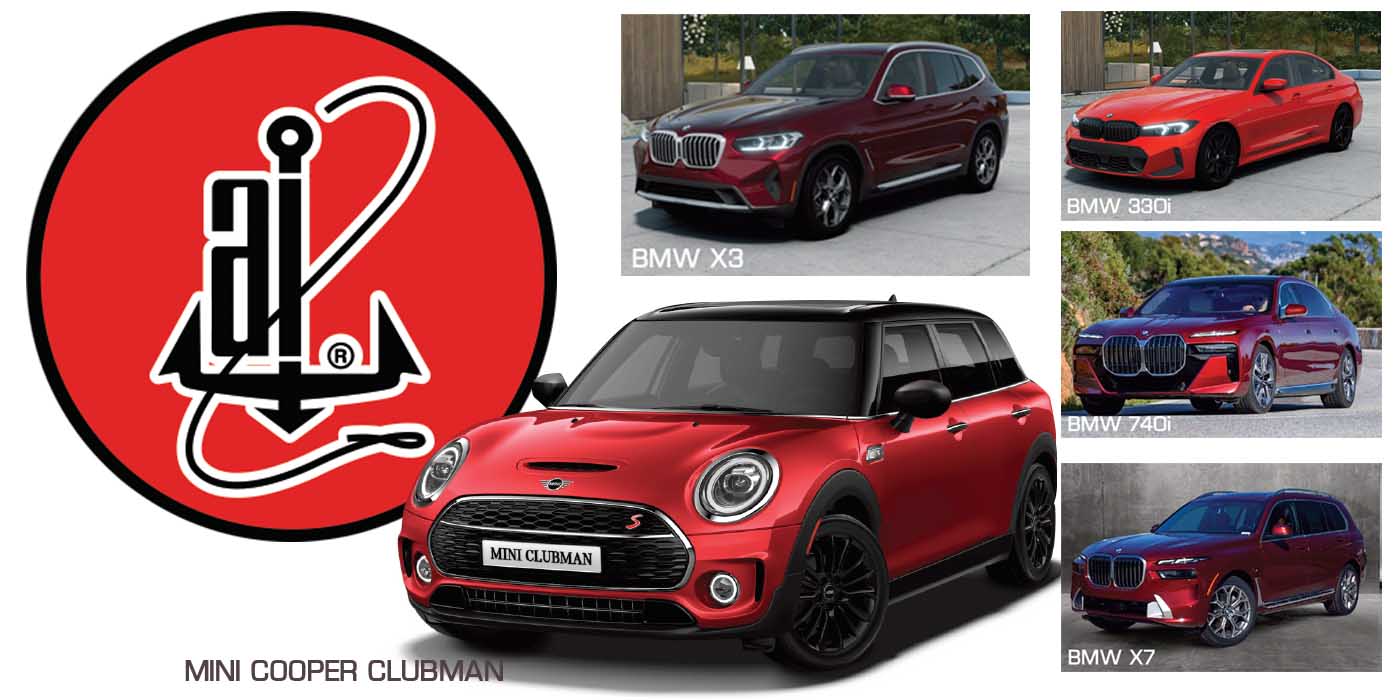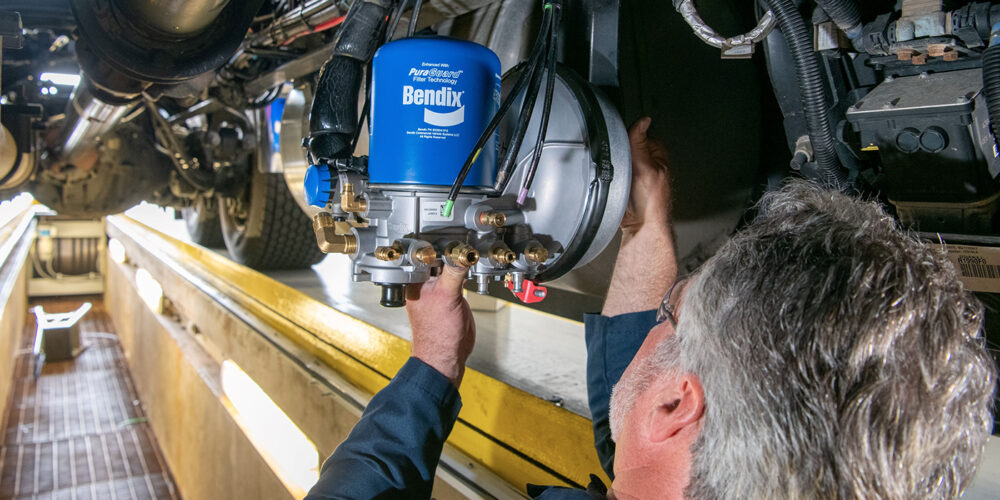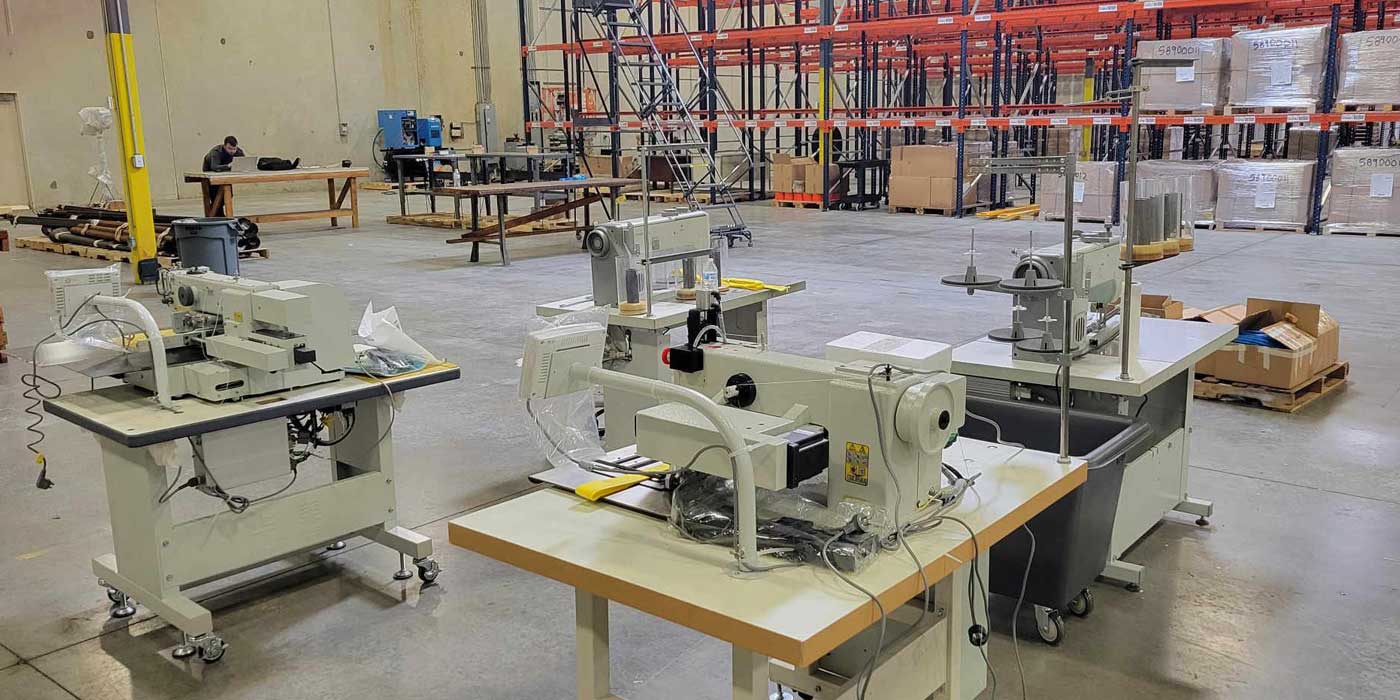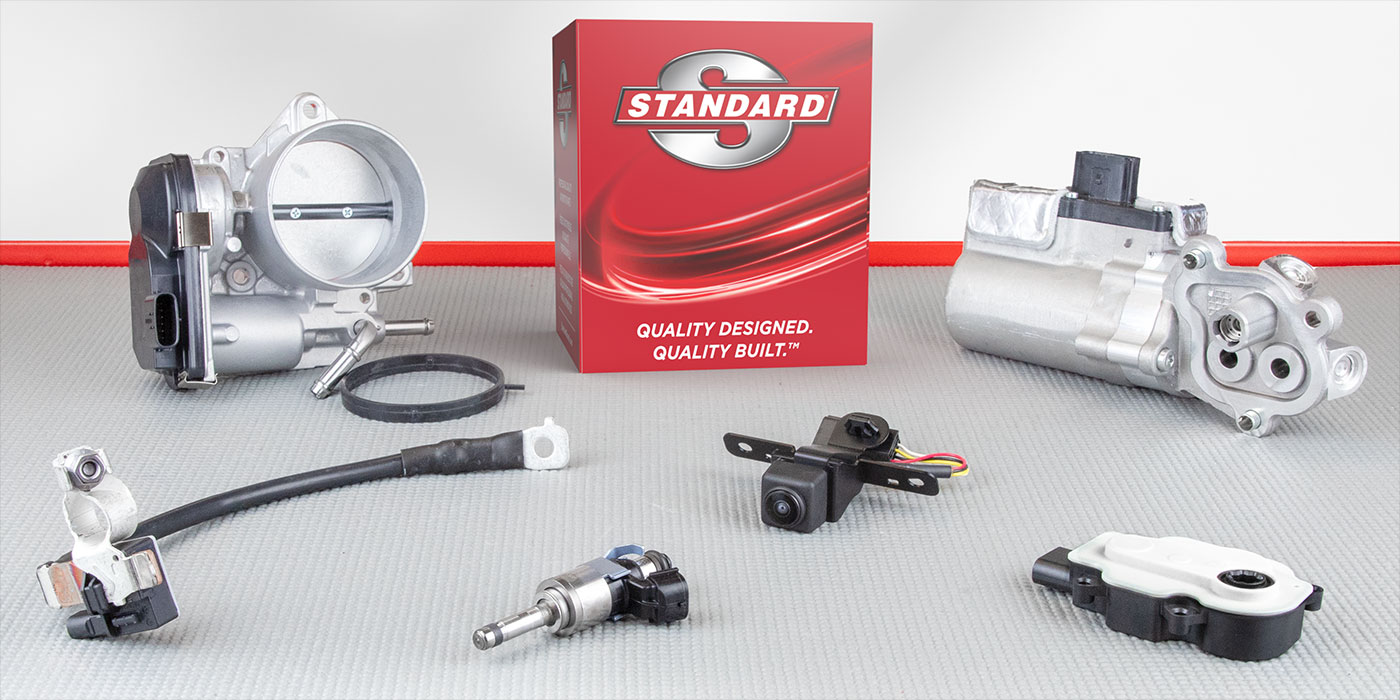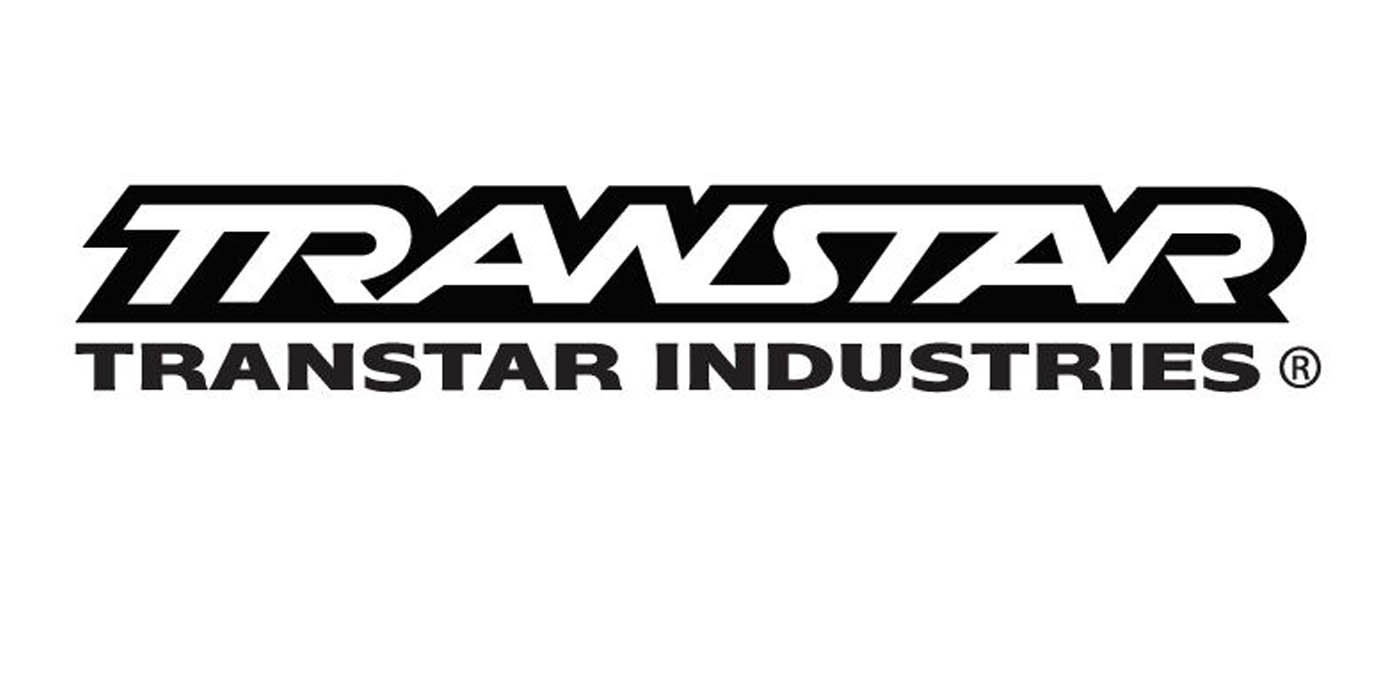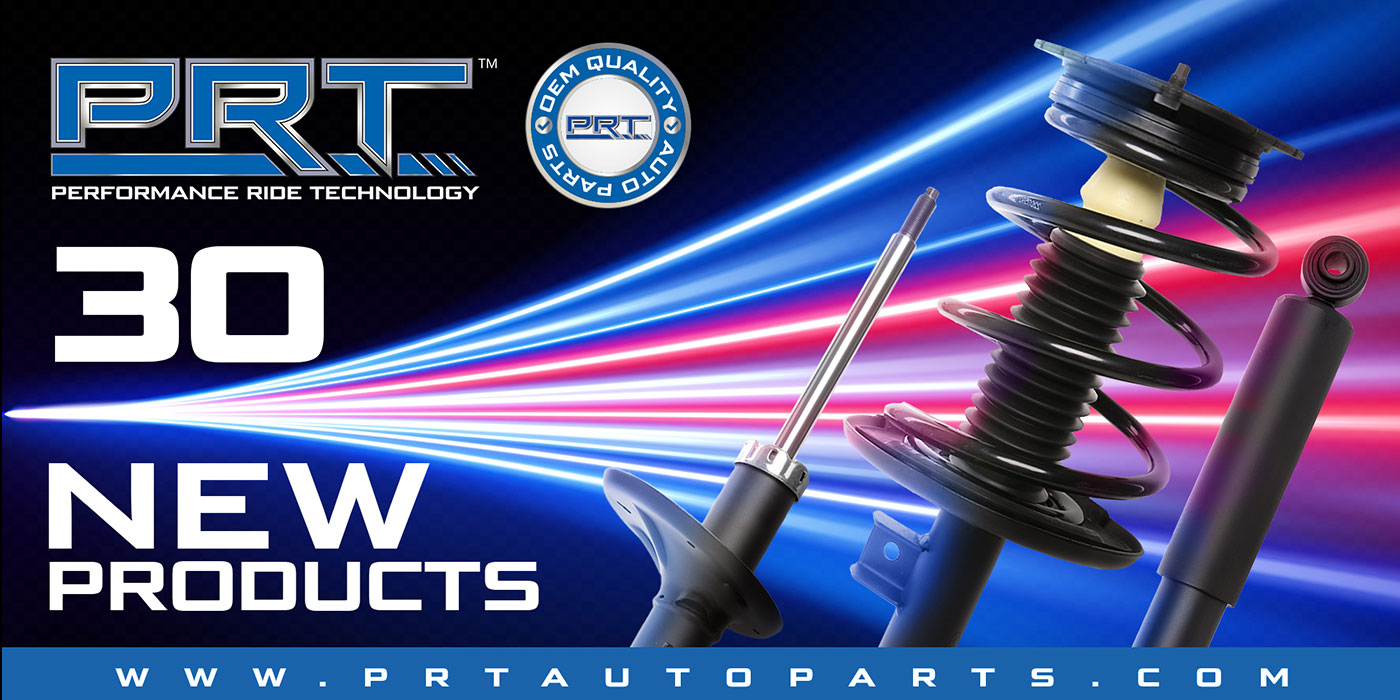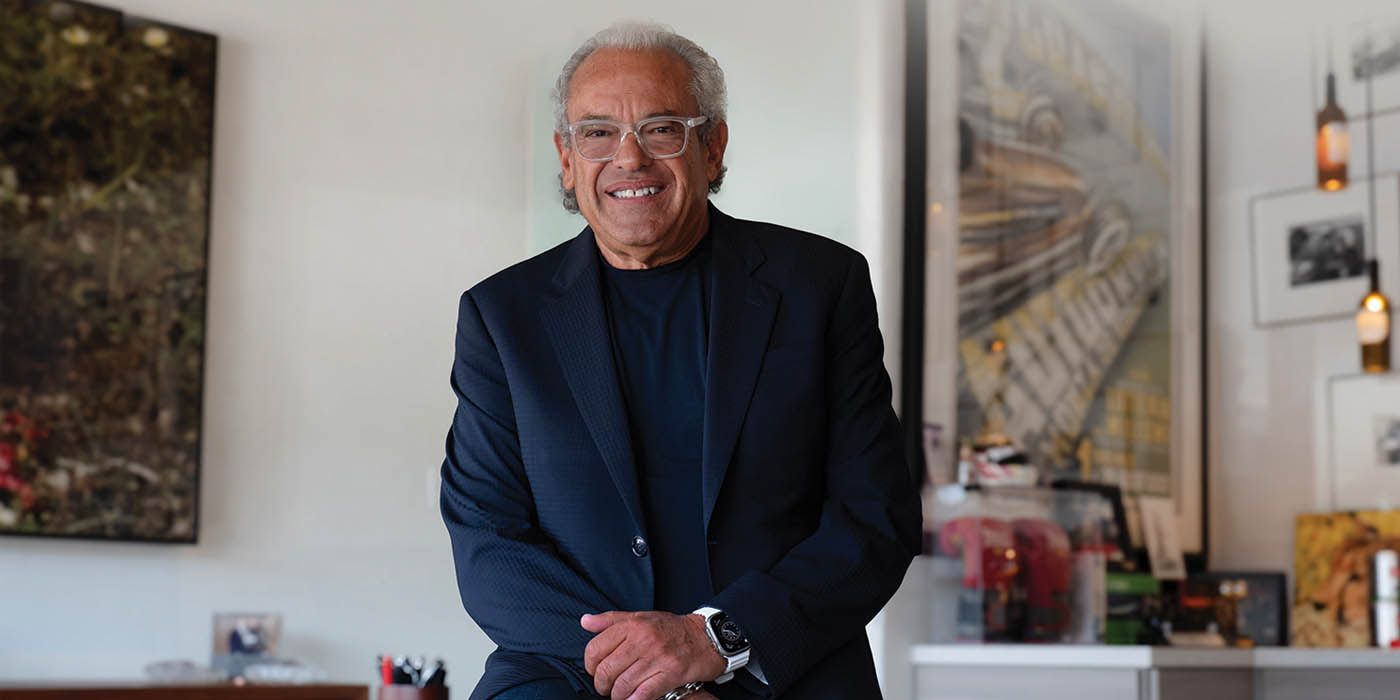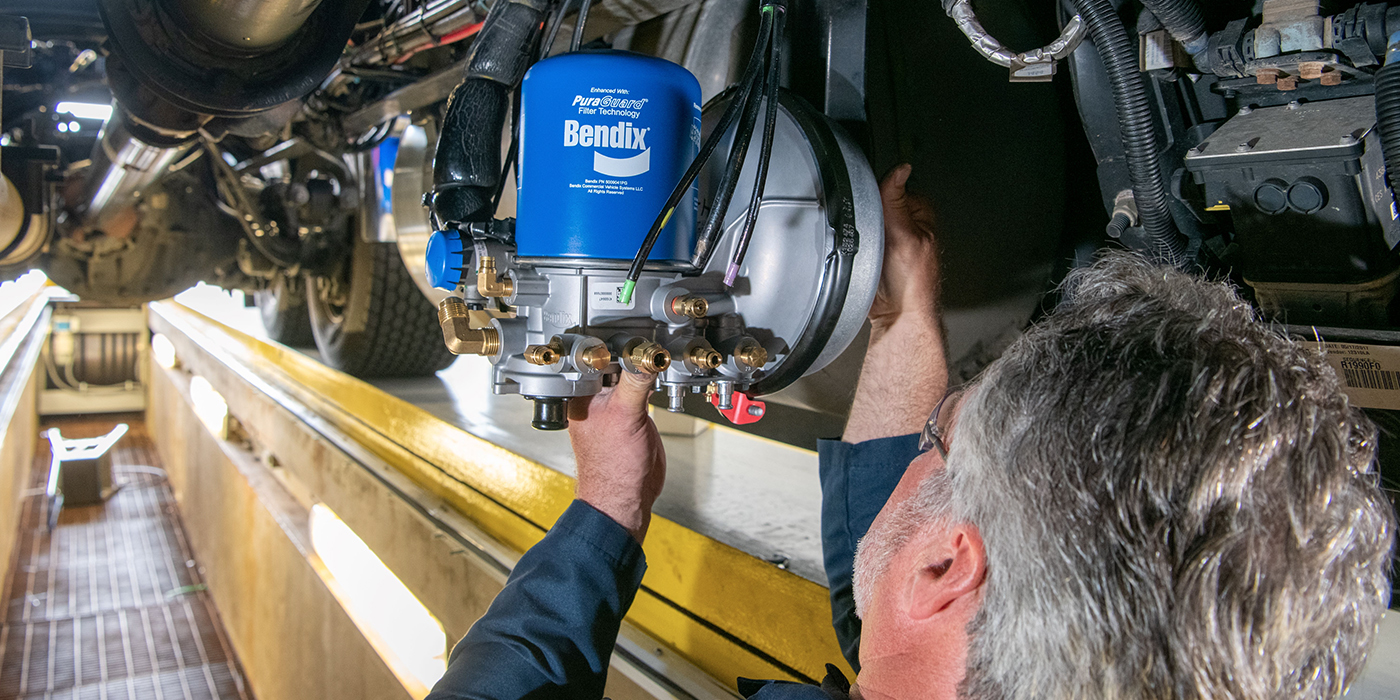From Milwaukee Journal Sentinel
Mergers and acquisitions are helping automotive parts suppliers survive tough times, a new industry report says.
But unlike the frenzy of highly publicized mega deals in the 1990s, many of the current mergers and acquisitions are smaller and more focused, said Mark Short, author of the report from the Ernst & Young Global Automotive Center in Troy, MI.
In some cases, small and midsize companies are pairing up to take business away from larger competitors.
“They’re more nimble, they typically have lower costs and, as a result, they’re taking advantage of the situation,” Short said.
Wisconsin has hundreds of companies that provide parts or services to the automotive industry. They are generally divided into three categories. Tier-one suppliers, such as Johnson Controls in Glendale and Modine Manufacturing in Racine, WI, provide parts directly to the automakers. Second- and third-tier suppliers generally make parts for the tier-one firms.
Even as the North American automotive industry scrambles for traction, some of the bigger suppliers are doing well enough to buy niche businesses. They’re also making tough decisions about what they want to focus on. “Simply put, most suppliers today are doing a major housecleaning,” Short said.
Some of the smaller companies are doing deals among themselves, often for survival reasons, as the business climate becomes increasingly competitive. “The consensus view is that hundreds of automotive suppliers will either be sold, restructured or liquidated over the next three to five years,” Short said.
Wisconsin suppliers such as Johnson Controls have bought divisions of other companies to reach new markets. Last summer, for example, Johnson Controls acquired the automotive battery business of Delphi Corp.
The deal cost Johnson Controls $202.5 million but added a business with $725 million in sales. The key to the acquisition, analysts said, was that it gave Johnson Controls a solid foothold in Asia.
In 2004, Modine Manufacturing acquired a South Korean auto supplier that was well positioned with the automakers Hyundai and Kia. It also had a factory in Shanghai and was half owner of a plant in Hefei, China. Modine makes heating and cooling systems. About 41 percent of the company’s business is automotive, which can be painful when the automakers are in a slump.
“As we go forward, clearly the company is focusing on diversification,” said Brad Richardson, executive vice president and chief financial officer. But Modine is not abandoning its automotive ties, he added, partly because technology developed there can be transferred to other industries, such as trucks and buses.
Larger automotive suppliers, such as Delphi, are making decisions on what no longer fits in their strategies. Some of the divisions they spin off provide good opportunities for other companies, Short said.
“I think timing is everything,” he said.
Foreign automakers are also changing the North American automotive industry as companies such as Toyota, Nissan and Honda expand their assembly plants here.
“We have seen a huge influx of foreign buyers coming in and looking at suppliers. They’re not necessarily interested in the entire business, but they’re interested in some of the things that larger suppliers are carving out and getting rid of,” Short said.
Often it takes months to complete a merger or acquisition, and usually that’s just the beginning of the hard work that follows.
Six months after Wisconsin Plating Works acquired Racine Plating Co., for example, the two companies still are sorting out strategies and day-to-day operations.
“By and large, we look at it as a rough-cut diamond,” said Robert Toeppe, Wisconsin Plating Works president. Combined, the two companies are making corrosion-resistant plating for an eclectic mix of products, including automobiles, hand tools and shower curtains.
Before they merged, the two companies had similar products but different markets. Racine Plating handled large quantities of material, while Wisconsin Plating focused more on smaller, specialty orders that required a quick turnaround.
Combined, the companies have been able to get business that otherwise would not have come their way. Still, it’s been a challenge to address issues such as a rash of raw material price increases.
“I have been running this business for 35 years, and it’s probably the hardest thing I have ever done,” Toeppe said about merging two companies that, for decades, were competitors.
How such deals play out depends a lot on the advance preparation, Short said.
“It might come as a surprise to many people that there are a number of healthy private companies at the tier-two and tier-three level, and a number of these companies are growing by capturing market share and doing smaller deals,” he said.
Copyright 2006 Milwaukee Journal Sentinel. All Rights Reserved.
_______________________________________
Click here to view the rest of today’s headlines.

